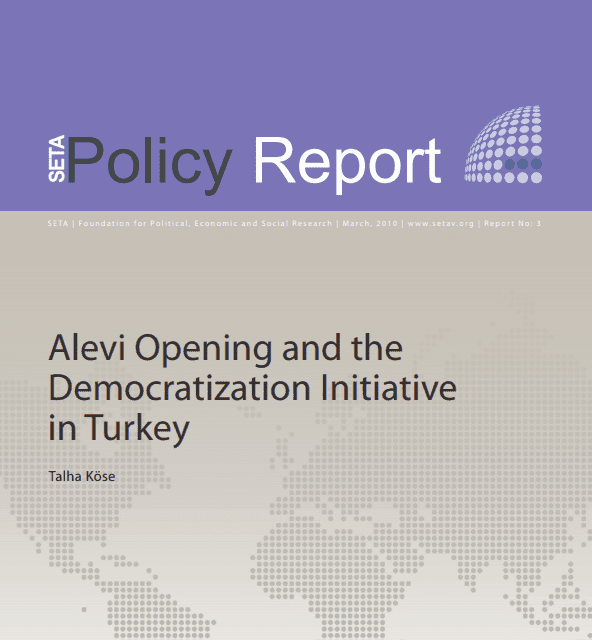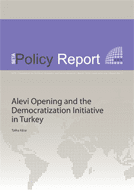Alevi Opening and the Democratization Initiative in Turkey
Posted On March 19, 2010
0

The “Alevi Issue” is one of the most complicated and, at the same time, largely misunderstood problems in Turkey. Conflicts, resentments, grievances, and perpetual fears about Alevis that have existed for centuries have been publicly voiced through different mechanisms; yet, the message had never been understood thoroughly by the interlocutors of the Alevis. The discussions on the issue in various social and political contexts have often revolved around a rather limited list of Alevi identity-based claims.
The JDP government has undertaken a series of steps to understand and respond to Alevi identity-based claims. Popularly known as the “Alevi opening” (Alevi açılımı), the initiative is a turning point in terms of the Turkish governments’ approach to problems of Alevi citizens in Turkey. The Alevi Opening is the first systematic effort to address Alevis’ identity-based contentions. This step is also part of the broader policy of “Democratic Opening,” which addresses the burning problems of various ethnic and religious groups (Kurds, Alevis, religious minorities, and the Romani people) in Turkey. The objective of “Democratic Opening” is to reconcile the Turkish state and the marginalized segments of Turkish society.
This brief provides an analytic background for understanding the governing JDP’s “Alevi opening” initiative, which was launched in the summer of 2007. The issues mentioned in the list of Alevi identity-based claims, obstacles to the fulfillment of these issues, and the methods and the processes of the ongoing Alevi Opening are elaborated. This analysis argues that only a holistic intervention can bring about a sustainable reconciliation process between the Alevis and the Turkish state establishment as well as between the Alevi and Sunni citizens. In order to provide a holistic analysis, political, legal, psychological, cultural dynamics of the Alevi issue are emphasized here. Intervention insights and policy recommendations are formulated, consistent with the analytic perspective.





















